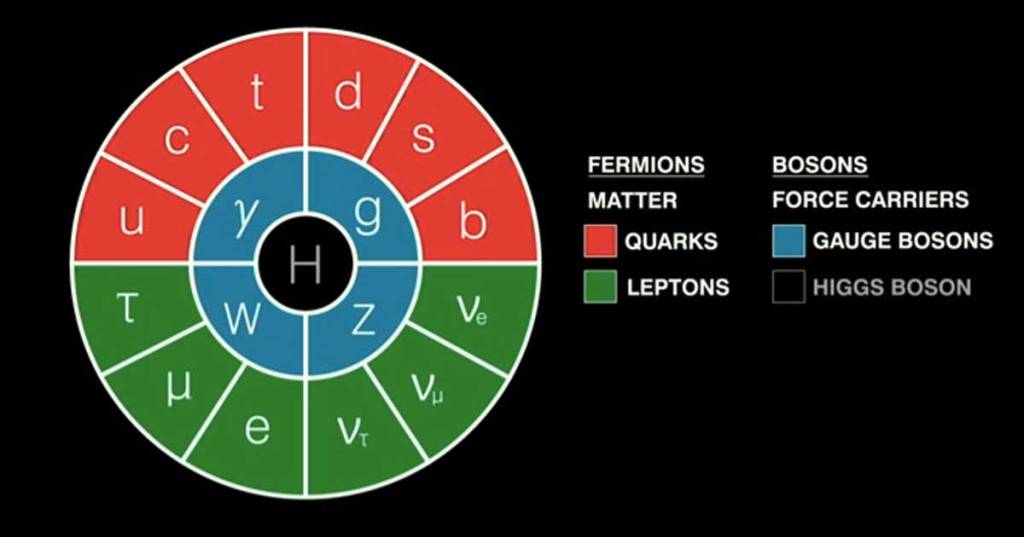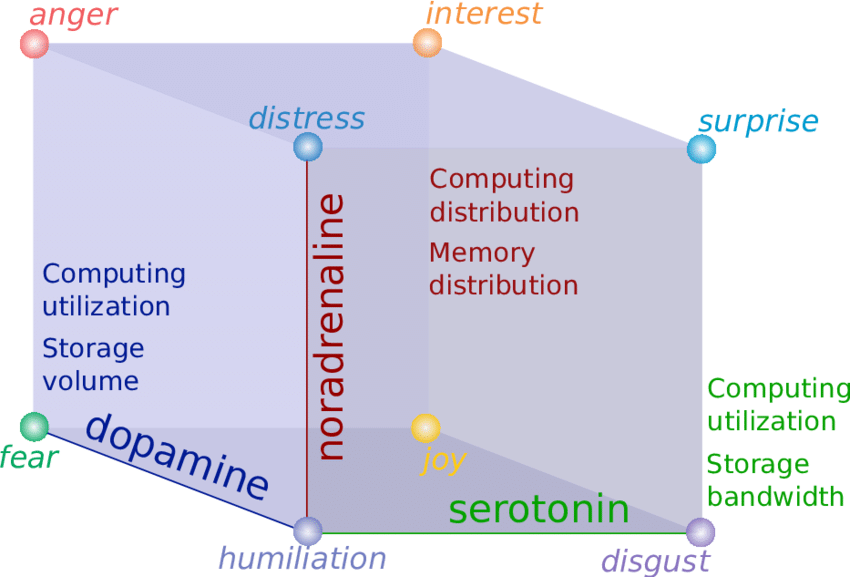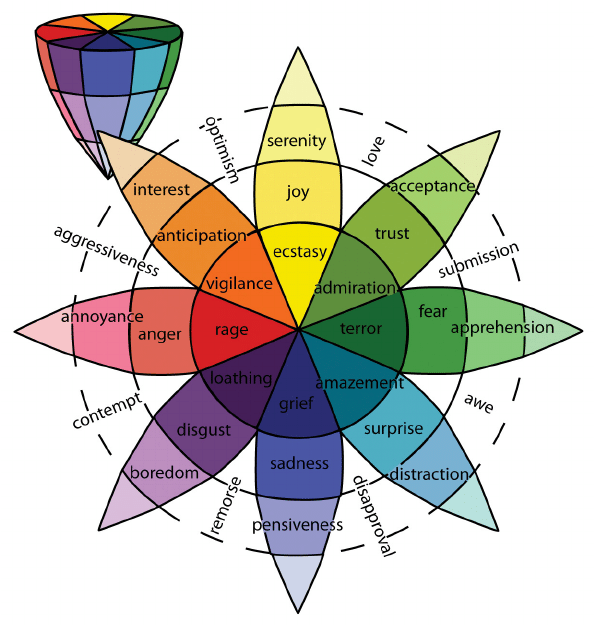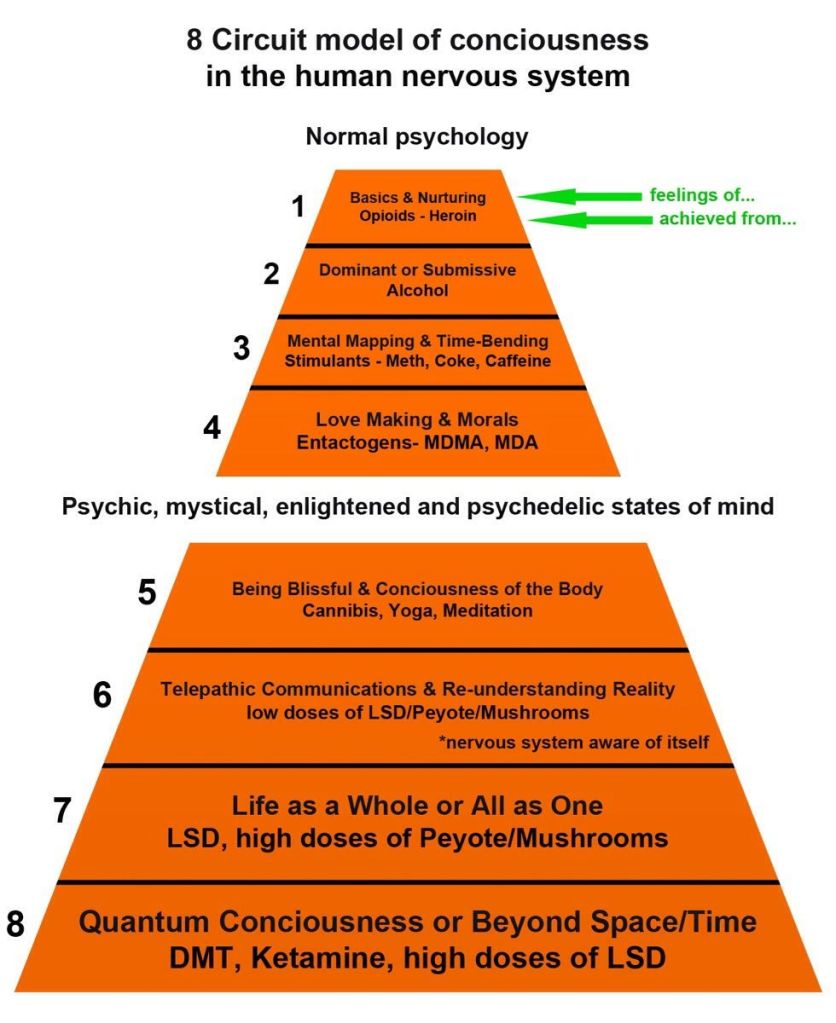This one’s gonna be a lot shorter. I was looking through old files on my computer and came across a final bit of neo-religious musings which I forgot to include earlier. (They wouldn’t have fit cleanly on either of the previous installments of this series anyway.) So I’m sharing them now.
So, I previously threw out the idea of a dualistic “God” of Zero and Infinity. These are the two incomprehensible values which we cannot observe directly in nature yet must take as a given in order for math to work. I also suggested a new trinity of Space, Time and Imagination as these are the three functionally eternal planes of existence. However, I also expressed admiration for Greco-Roman polytheism’s personification of both natural phenomena and human emotion in their pantheon. Is there a religious ethos that could combine all these concepts together and still be compatible with contemporary scientific truth?
Probably not, but I decided to try anyway 😛 The result is something I call “Matheism” or the belief that God comes from sapience, learning and mathematics.
The Trinity of Matheism
Let’s imagine that there are three “Gods” in our one Divinely Created Universe. They are Zero, Infinity and Infinitesimal. This trinity describes all of reality as we know it.
You can think about Zero as the greatest number because it is the sum of all integers negative and positive, it supersedes anything else in multiplication, and with division it can literally shatter the framework of mathematical logic. In a certain sense, Zero is the most powerful number as it is all numbers combined as an inversion of infinity. And when you consider the idea that for every action there is an equal and opposite reaction, and for every universe in the multiverse there is one that must be diametrically opposed to it, you see that everything balances out. In the end, all the potential of the Three Eternals (Space, Time and Imagination) will amount to nothing (if you believe in the heat death of the universe.)
Infinity is all of the observable universe as we know it. It is all of the quarks in all of the atoms in all of the molecules in all of the stars, planets or dust floating through the great plane of Spacetime. Infinity is also imbalanced if you consider the conundrums of Baryogenesis (the asymmetry of matter and anti-matter in the universe) and the possible metastable state of the universe. (Along with heat death, vacuum decay is also a horrifying destiny to consider, and another way our reality may reset to Zero in the end.) It is this imbalance that allows for the beautiful phenomena of the galaxies and their children to form, where the more equitable theoretical states would result in a “fair” but neutralized abyss.
Infinity therefore contrasts Zero as the true yin and yang of the universe. Infinity is an unstable, relentless god of energy in all its combinations and reactions. It is possibility and chaos. Zero is a neutral, restful god of an entropic and numbing void. It is peace and finality. They are complete opposites, yet (if you believe in the heat death or vacuum abyss theories) they are inseparable. The boundless expansion of Spacetime will inadvertently create the sterile blankness, just as the primordial nothing gave way to the limitless advance of the Big Bang. They are the alpha and omega, in a more realistic philosophical framework where subjective terms like “good” and “evil” do not exist.
This leaves the Infinitesimal as the God of Sentience and Sapience. All conscious life-forms which observe the stimuli of existence and influence it are among its many faces. Infinity is our Creator as Zero is our Destroyer. We struggle with these influences in our own day to day lives, as we both create and destroy in our own small ways. We are the curious and often hurtful children of a somewhat neglectful Mother (Infinity) with the shadow of our inevitable death looming over us (Zero.)
Trinity of Trinities
Within each of these three Gods exists a subdivision of trinities.
If we assume that there is nothing more fundamental in existence as particle physics, then there are 17 “Faces” of Infinity. (Or perhaps 18 if the Graviton actually exists.) Each of these, however, can be boiled down to various combinations of three qualities–mass, charge and spin. The differences in these three attributes allow for the diversified expression of all matter and energy. Imagine the Greek Olympians of old, not as guardians of arbitrary fields such as “the sky” and “the ocean,” but as the Quarks and Leptons which constitute our universe’s fundamental building blocks. Similarly, replace the archaic four elements of Fire, Water, Earth and Air with the four fundamental forces of strong nuclear, weak nuclear, electromagnetism and gravity. Reinterpret the Titanomachy (the overthrow of the Titans) as matter winning out over anti-matter in our universe. Replace Gaea the Earth Goddess and all of her children (at least those representing physical phenomena) with Infinity and its many interlocking masks.
Infinity teaches us that little things can have a huge impact,. that our reality is violent and chaotic but the one constant which provides predictability is the language of mathematics. It teaches us that for all we think we know, there’s so much we still need to learn. That is the merger of science and religion.


The Infinitesimal works in a similar manner, as one “God” of intersecting identities. Imagine each emotion as a subdivision within yourself. The personified desire of Aphrodite, the embodiment of fury in Ares, the characterization of jealousy from Hera and more are all present within each sapient being. The many emotions in the cone are a pantheon within ourselves, influencing how we perceive the world around us. Yet, this complex tapestry of feelings is also governed by three basic inputs. According to the Loveheim Cube of Emotions, all of our emotional reactions to stimuli are determined by the release of dopamine, serotonin and noradrenaline in various doses and combinations.
The shifting lenses of our sentiments thus obscure and enlighten our understanding of Infinity. The metaphorical white light of objective reality must pass our many interweaving filters before influencing our conscious perception. In this manner, a shifting and individualized bias forms within each manifestation of Infinitesimal (that is to say, each person). Put another way, we, and the manner in which each of us interprets the world, is unique. Infinitesimal is the great exponential multiplier of Infinity, the tool through which reality experiences itself and creates “pocket universes” within the minds of every sentient participant. We are the introversion to Infinity’s extroversion.
Infinitesimal teaches us that our outlook is biased by the many Gods interfering with our internal processing of stimuli, and the need to understand that sometimes we may be wrong. That is the merger of religion and self-actualization.


That leaves Zero then as the graveyard for every dead individual, every forgotten idea and the lost information paradox. It is the balancing force, the universal reset switch, a reminder that all things must come to pass. In this reality, beauty fades, minds deteriorate, empires fall, fortunes are lost and monuments crumble. The ego was never meant to be an everlasting entity; time is always fleeting. Therefore, we must understand there is more to life than dominating others or narcissistic self-worship. The ever-present threat of Zero is our reminder of this. That is the merger of religion with humility and perspective.
The Mind is the Crossroads of Divinity
With all of this in mind, the way to get closer to God(s) and live a good life according to Matheism is to be an open minded examiner of the world around you. Part of that means getting in touch with yourself and others. After all, if the mind is the lens by which we perceive everything including ourselves, then to develop our intelligence and reflect upon our biases is a necessity before anything else can be objectively analyzed.
One of my influences in this train of thought was Timothy Leary, He’s controversial in most corners of society, disregarded by some other proponents of psychedelic usage and personally I find many of his ideas interesting but not fully developed. But his proposed Eight Circuits of the Mind was interesting to me as a springboard. I propose reformatting them into 7 classifications, and I believe to fully understand what a person’s mind is capable of they should experience all of them at some point in their lives.

Sentient Stimuli—Primal Emotional Reaction: Physical, visual, auditory and olfactory sensations and their resulting emotional outputs.
Sapient Stimuli—Advanced Emotional Reaction: Conversation, contemplating art, interpreting written communication and the complex emotional responses they inspire.
Information Processing—Accumulating Practical and Scientific Knowledge: Learning math, scientific experiments, developing skills, analyzing history etc. Digesting stimuli, putting disparate info together to derive deeper meaning and putting it towards focused pursuits; passing down wisdom for future generations.
Involuntary Creation—Dreams, Sensory Deprivations, Hallucinations: The brain taking stimuli (or the absence of it), memories or fantasies and weaving them into false narratives and scenes, which can lead to enhanced self-reflection.
Personal Creation—Artistic Expression and Craft: Making or saying something unique, meaningful if even to just yourself, in any medium. Building something for yourself, formulating and carrying out new scientific discoveries or experiments.
Consciousness Alteration—Purposefully Adjusting Your Mind’s Filter: Changing the way your mind perceives stimuli. This can help a person to see old things in a new light, to think past deeply programmed beliefs or values to “break free” and forge a new path.
Consciousness Expansion—Enhancing the Mind’s Full Potential: Unlocking each neural synapses’ full potential, forging new connections between parts of the brain that are usually distant, unlocking new stimuli via synaesthesia. This can allow for profound discoveries about oneself and the world around us.
The Matheist’s Creed
That leaves us with this, the “Church” of Matheism’s answer to the Buddhist Eight-fold path or the Judeo-Christian Ten Commandments. (Except, y’know, less dramatic or final.) These are some basic suggestions I would recommend to someone who wanted to develop their brain and live a fulfilling life. But consider that they’re just that–suggestions. From a stranger. On the internet.
First, if you grew up a Christian or any other faith, take the time to learn about the doctrines of at least 3 other religions from different parts of the world. Do so with an open mind.
Second, step outside your comfort zone and meet at least 3 new people—preferably from places (even websites) you don’t usually go. The more different these people are from you, the better. Hear what they have to say, and keep an open mind about any disagreements of opinion that should arise.
Third, read at least 3 new books you haven’t before this year, some fiction and some non-fiction. Try to read at least this amount every year, preferably much more than that if you have the time. Why books? Because unlike other forms of media, books require your mind to paint a picture and digest the text into a sensory perception. In other words, it’s your mind’s interplay with the medium where film or music (wonderful as they are) tend to be far more passive.
Fourth, make time to travel to a foreign place at least once in your life. Take in as many cultural differences as possible and use it as an excuse to examine whether our own cultural norms are really the best way to do things.
Fifth, begin to keep a dream journal and look into lucid dreaming.
Sixth, experiment with different meditation techniques, including yoga, transcendental meditation, bianural beats and the ganzfeld effect. Be comfortable being alone, enjoy the harmony of nothing. Not every fit of boredom or idleness must be amused, sometimes it can be a great opportunity for peace, inner reflection or imagination.
Seventh, do something creative—either write your own story, or film something, or paint, or even just doodle.
Eighth, learn a new practical skill or teach yourself a new subject. Even something as simple as cooking.
Ninth, take the people whom you hate, or who’ve hurt you, and consider their point of view. Write down a few pages of what their life must be (to the best of your knowledge) and try to consider why they did what they did. You don’t necessarily have to like them or even forgive them because of this—just try to empathize and understand. Break the cycle of hate and trauma. Understand that sometimes, closure is a myth and let the person go, don’t dwell on the negatives if you can avoid it.
Tenth, make a list of your favorite media and write down all the reasons you like them and what they make you think and feel. Take all the people you admire, real and fictional, and write down in depth why you like them. Then try to be more like these people you’ve analyzed, and apply the lessons of the media as well. Be the person you want to see more of in the world, and treat others with respect and dignity.
Eleventh, come up with your standards of the ideal person and/or the ideal leader, and write down their qualities and in the latter case, the decisions they would make to real life problems you notice. Hold your elected officials to that standard, don’t just shrug of corruption or gross incompetence from the powers that be. Question authority at all levels. Stay informed on current events, make a list of problems you see in society, and how you expect your leaders to solve them. Be an active participant in democracy.
Twelfth, always be open to trying new things and new lifestyles. Observe and learn from those around you. Never criticize until you are willing to try for yourself.
Thirteenth, open your third eye. Expand your consciousness if even just once, but be smart about it. Do your research beforehand so you know what to expect, use the proper set and setting. Have a sitter. Do it in a peaceful place, as part of nature, away from distractions or sources of unnecessary stress. And do it with a purpose, either to move past some traumatic event, or to explore a part of yourself that needs work, or to examine some question that’s been beckoning you. Don’t be reckless about it, and remember it’s only a tool not the key to salvation or a fast pass to becoming some kind of enlightened guru. There’s other steps to being a wise and decent person.
Finally, don’t be a jerk. Help other people in need when it’s reasonable to do so. Don’t be rude or put other people down, help them to feel relaxed so they can rise to their full potential. We are no longer uncivilized animals, we don’t need to live in a dog eat dog world anymore. A society is only as strong as its weakest member. And if a society is unjust or corrosive to its inhabitants, it can and must be reformed so it empowers everyone. Egalitarianism is the key to a harmonious existence. We are all children of Infinity and in the end, we will all join Zero whether you were a prince or a pauper.



Hi Cassie,
Once again this piece is very well written. And once again from my prospective this is just another form of Pantheism. Your concept of Matheism makes math into the creator. While in my view the creator must be separate from their creation. Just like you existed before you wrote this essay and you exist separately alongside your essay and you will exist if you would delete your essay. God or the creator exists outside their creation. Space ,time and imagination are tools used in the creative process but can not be the creative process. They need a thinking being to use them. You used all of these in writing this essay but they are outside the essay and not the essay itself. To me it seems that math concepts like natural laws are tools that are part of creation. Tools created by the creator to make their created universe function, so they are not the creator themselves. Dualism is traditionally an attempt to explain how good and evil both exist in the universe. Christians do not see two equal battling forces. They see God as separate from the world and that some things in it are contrary to His will. The Christian view is that God made the world and that space, and time, heat and cold, and all the animals and vegetables and gravity and math are things that God made out of their mind just as you wrote your essay. You mentioned in your essay living a “good” life. That indicates a belief in morality. To me this indicates the existence of a God that is good and has placed the concept of right and wrong in the people he created. So for me the world really is unjust, not simply what does not please my private views. For justice to make sense there must ne injustice. For darkness to have meaning there needs to be light. And for me that light is a God that is all good all the time. If there were no light in the universe and therefore no creatures with eyes, we would never know it was dark, So Dark would be without meaning. You seem to know more about ancient religions and philosophies than me. Didn’t Pythagoras come up with a religion based on math, I believe it is known as Pythorehism? How was it different from your Matheism? This will give us something else interesting to talk about when we get together. I hope you do not feel I am being disrespectful to your ideas. As you should know by now I respect both you and your ideas very much.
LikeLike
You have a truly extraordinary mind, absolutely in a field of one. I remember the Matheist’s Creed from your Pepper/Zappa collage. It even made a difference to my life. 😉
LikeLike